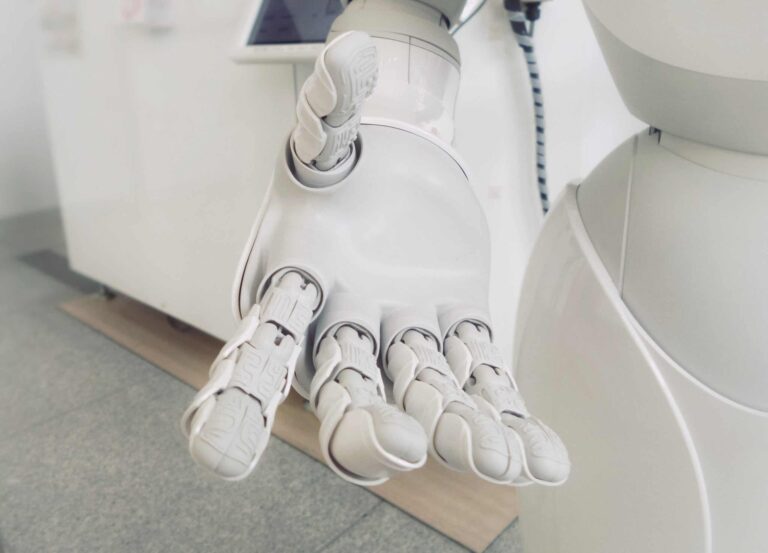Today’s technology advances at a rapid rate. Every day, it seems, a new technology emerges that promises to transform the future. But it is easy to lose track of how quickly things are changing because there are so many big technological developments happening all the time.
We are fortunate to be living at a time where science and technology may benefit us, make our lives easier, and motivate us to reconsider how we go about our everyday business.
The technology to which we are already exposed and acclimated has allowed us to innovate further, and they have the potential to significantly improve our quality of life.
Table of Contents
5 ways technology will change the world
Here are some of the ways technology will change the world in the next years.
1. Internet widespread circulation
Despite the fact that we seem to need the internet to function, just about half of humanity is currently online. Many factors contribute to this, including social and economic ones, but for some people, a lack of a connection prevents them from using the internet.
While Facebook abandoned plans to accomplish the same using drones, Google is gradually attempting to fix the problem by beaming the internet to inaccessible locations using helium balloons, which means startups like Hiber are stealing a march.
2. Space travel
One day, businesses like Virgin Galactic, SpaceX, and even Amazon’s Blue Origin hope to make it a reality by offering us (very costly) seats on spacecraft that will carry us into orbit. The New Shepard space shuttle from Amazon will carry its passengers 100 kilometers above sea level before returning to Earth by parachute.
It won’t be difficult for us to go to almost any country in the globe by plane, but what if we could all see the earth from space one day?
3. Robot mind reader
The application of brain reading technology has significantly advanced in recent years and is no longer a science fiction theme. Researchers at the Swiss Federal Institute of Technology Lausanne have tried one of the most intriguing and useful uses we have seen so far (EPFL).
These researchers have succeeded in developing a method for tetraplegic patients to engage with the outside world thanks to a machine-learning algorithm, a robot arm, and a brain-computer interface.
Simple actions like maneuvering around an obstruction would be carried out by the robot arm. Using an EEG cap, the program would then decipher signals from the brain and detect whether the arm had moved in a way that the brain deemed wrong.
4. Virtual jobs will replace traditional employment
Technology will eventually make it possible for people to maintain financial discipline and stability without having to acquire the necessary skills.
Advisors powered by AI and machine learning will proliferate, continually advising us on the best opportunities, investments, and online courses, thereby democratizing our access to growth and financial security.
Virtual jobs will overtake other forms of employment as a result of the global growth in internet usage and the emergence of digital labor marketplaces or platforms. The low-skilled/blue-collar workforce, which typically makes up more than 80% of the labor force in developing nations, will be disproportionately affected by this transition.
In nations where there aren’t enough jobs for low-skilled populations, internet platforms in e-commerce, food delivery, ride-sharing, logistics, and other fields are generating a variety of earning options.
The use of multiple platforms simultaneously by employees might increase their revenue. Financial services will soon be incorporated into digital labor marketplaces’ offerings, making credit available to many people who are currently unserved by traditional financial institutions.
5. Artificial intelligence
Artificial intelligence will be more and more common and will real applications. An example is ChatGPT, the new frontier of “generative” language.
As an industry in full development, it will be more and more present, from video games, to smart car and transportation, to industry, logistics, and retail applications.
There is always a price to technological advancement
Our civilization now heavily depends on technology. So many aspects of our daily life would be significantly different without technology breakthroughs. Technology works to meet the shifting needs of society as it advances.
Technology develops along with civilization. But advancement has a cost. Depending on how much people value technology and scientific breakthroughs in their personal life, this price differs for each individual.
Read also: The new frontier of technology: here are the most anticipated tech products of 2023












